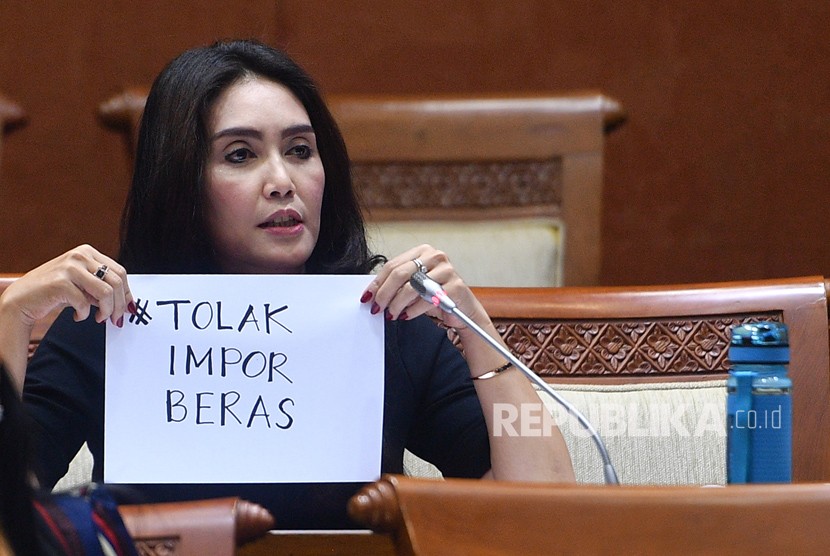REPUBLIKA.CO.ID, JAKARTA -- Bank Indonesia said import increases, projected at below two percent, would potentially widen the current account deficit to 2-2.5 percent of the Gross Domestic Product (GDP) in 2018 compared with 2017. Assistant Governor of Bank Indonesia for Economic and Monetary Policy Department Dody Budi Waluyo said that the increase in imports was due to economic growth recovery in 2018.
The central bank projected the economy would grow by 5.1-5.5 percent year-on-year (yoy) this year. "The current account deficit slightly increased in the range of 2-2.5 percent to the GDP," Dody pointed out after a press conference in Jakarta late Thursday.
The current account balance is an indicator of the import-export of goods, as well as the status of the service sector, from Indonesia to other countries. If the current account value suffers a deficit or becomes negative, it means the country still imports more goods and services than it exports. However, if the deficit shrinks, it indicates an improvement in the import-export activity of goods and services.
As for the fourth quarter of 2017, Dody expects the current account deficit to be in the range of two percent of the GDP. As of the third quarter of 2017, the current account deficit was 1.65 percent of the GDP. "It's still healthy because the level is below three percent," said Dody.
The rising global oil prices this year also influenced the rate of imports. Indonesia is currently a net oil importer country, so the rise in oil prices will increase the deficit of the oil and gas trade balance.
In addition, an increase in oil prices that almost touches US$70 per barrel also has the potential to burden the balance of services because the payment of freight services will increase in line with the growth in Indonesia's import-export activities.
However, the Central Bank believes the current account deficit in 2018 will not exceed 2-2.5 percent of the GDP, so it will still be within safe and controlled limits.



